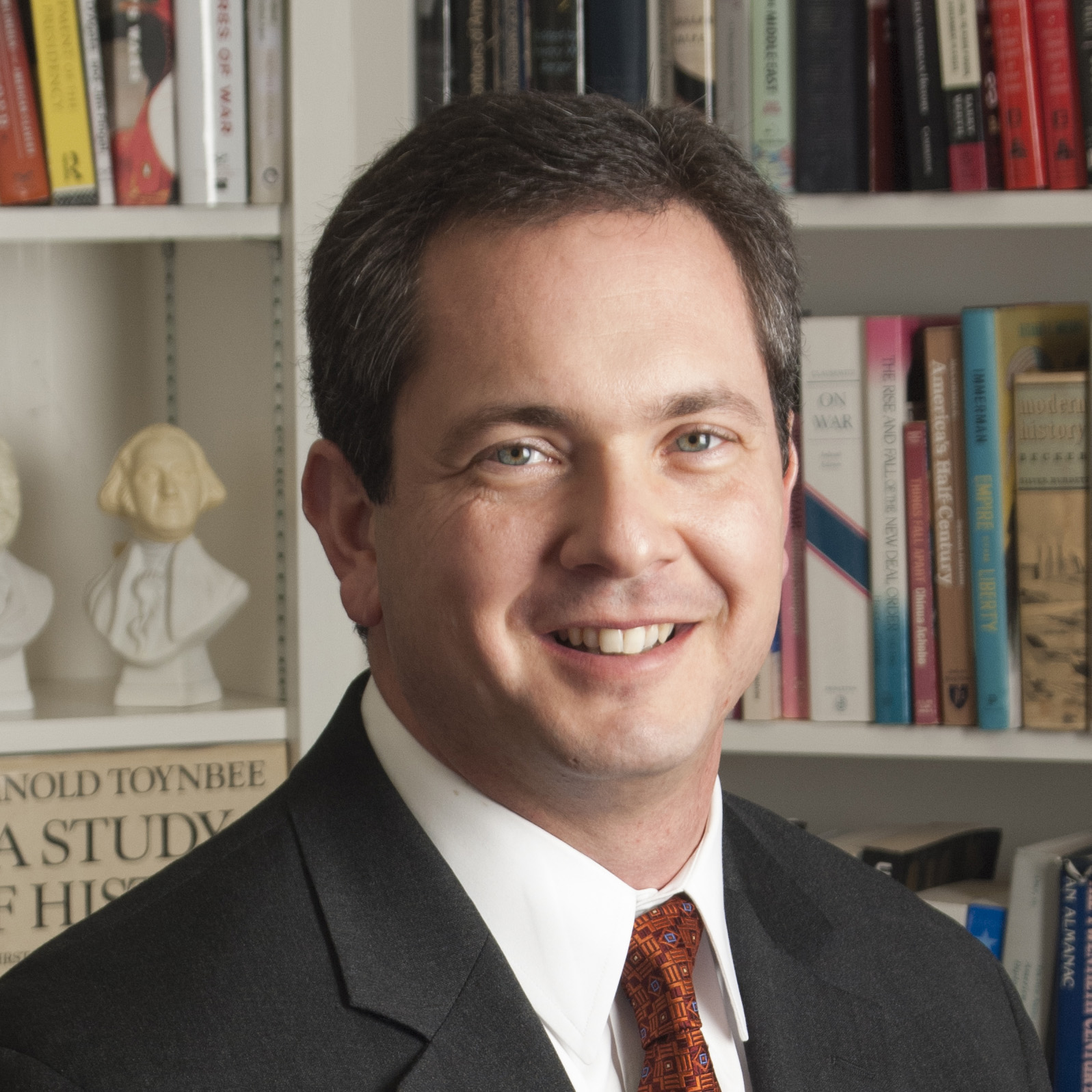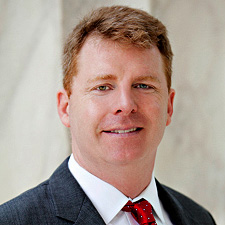SMU Experts: What to do about Syria
SMU national security, marketing, legal and human rights scholars offer their perspectives on whether President Obama should be granted the authority to attack Syria.
With the U.S. Senate Foreign Relations Committee approving the authorization of limited force against the Syrian government for its reported use of chemical weapons against its civilians, Congress is expected to vote next week on whether President Obama should be granted the authority to strike. SMU national security, marketing, legal and human rights scholars offer their perspectives:
 Jeffrey Engel |
Obama seeks to hold the public's trust
‘‘The president does need the American public and the broader international community to trust his judgment on this issue, which he did not choose, in order to allow them to trust him on the issues he really does choose.’’ Jeffrey A. Engel is an award-winning American history scholar and director of the Center for Presidential History at SMU. He is an expert on the U.S. presidency and American diplomatic history. |
 Matthew Wilson |
Syria and the costs of global leadership
"The decision about what do in response to the human rights atrocities in Syria, including the use of chemical weapons against civilians, is one of the most difficult moral questions in recent American foreign policy. On one hand, the argument against military action is clear. Bombings now will not save any lives, at least not directly, and indeed will likely cost some (certainly Syrian if not American). One of the classic Just War criteria—reasonable prospect of success—seems not to be satisfied in this case, if only because it is not at all clear what “success” would look like. . . "But if we turn a blind eye here, if we shrink from this hard choice, then the Pax Americana is over, and we become just one more big country (like Russia and China) that takes an amoral and utilitarian view of world affairs. Many, both at home and abroad, would likely welcome this American retreat from the world stage. They should be careful what they wish for." Read Wilson's full commentary. Associate Political Science Professor J. Matthew Wilson specializes in the politics and voting behavior of religious voters, as well as public opinion, elections, religion and politics, and political psychology. |
 Joshua Rovner |
Russia's Syria offer is 'something for almost everyone'
"The proposal is intriguing, as it offers something for almost everyone. The Americans get to step back from a dubious military operation. The Russians get to intervene without looking like they are simply protecting a vile regime. The UN would undoubtedly approve, as long as the agreement guaranteed access and security for inspectors. And the Syrians would avoid getting bombed. "But the question is whether this would be a durable deal. Clearly there are some in Washington who want to intervene more aggressively on the side of the rebels and seek regime change. They will continue to press the administration. The rebels themselves will also be unhappy and may take more risks to change the momentum of the war. It will be interesting to see if the administration fends off this pressure or bows to it. "Ultimately the question is whether or not the administration will be satisfied over the long term. The war will still go on even if the Russian deal is accepted, and the administration will still have to decide whether it wants to push for regime change, or whether it can live with the Assad government. This may be difficult, given that the administration has been referring to Assad as a moral monster. It will also be difficult because it means accepting that a bloody stalemate will be the basis for peace talks, and the White House would rather negotiate from a position of strength. Joshua Rovneris the John Goodwin Tower Distinguished Professor of International Politics and National Security, Associate Professor of Political Science, and Director of Studies at the Tower Center for Political Studies. |
 Dan Howard |
Attack on Syria 'Not Marketable'
"I believe that President Obama will not launch a strike at this time precisely for marketing related reasons. "There is too much market (domestic) resistance. But since this is a “political” marketing problem, it is essential that Obama come up with a face-saving method of not striking but simultaneously avoiding the appearance of weakness. There does seem to be such a possibility now with the Russia/Syria proposal. "A marketing analogy: Stopping the launch of a new brand because of a lack of perceived need, which equates to acceptance, within a market for that brand, which ultimately means high costs and little revenue. This would be a bad business decision." Marketing Professor Dan Howard is an expert in the areas of consumer behavior, advertising, marketing, marketing research and retail marketing. |
 Chris Jenks |
Not understanding endgame would be ‘inexcusable’
"In regard to the foreign policy road the United States is on, I’m reminded of this paraphrased line from Lewis Carroll’s Alice in Wonderland: 'If you don’t know where you’re going, any road will get you there.' . . . "During the U.S. war in Iraq, Gen. David Petraeus captured the dissonance between lofty foreign policy goals and the use of force with the question “Tell me how this ends.” He asked that question after the U.S. invaded Iraq. "We should re-ask that question before the U.S. attacks Syria. Not knowing the answer should give the U.S. considerable pause. Not asking the question would be inexcusable." Assistant Professor Chris Jenks, a West Point graduate, teaches and writes on the law of armed conflict and criminal justice in SMU's Dedman School of Law. |
 Cal Jillson |
Republicans had 'no choice' but to support Obama on Syria “They [Republican House leaders] really had no choice – that’s my sense. I think they understood what [Republican Sen. John] McCain said yesterday – that to say no, as the British Parliament did, would be a devastating blow to American credibility.” SMU Political Science Professor Cal Jillson is one of the nation’s foremost political experts. |
 Anthony Colangelo |
Does international law allow U.S. military intervention in Syria?
"The Obama Administration has advanced a number of possible justifications including self-defense, halting civilian deaths, and debilitating the Assad regime’s chemical weapons capabilities. None of these justify intervention on the current state of international law. "Yet that doesn’t mean international law would view a U.S. intervention as illegal in the long run. International law is a tricky sort of law, and the United States could make a strong legal argument that intervention would help change the law to allow interventions to halt mass human rights abuses." Associate Professor Anthony J. Colangelo teaches in the fields of conflict of laws, civil procedure, U.S. foreign relations law, and private and public international law in SMU's Dedman School of Law. |
 Rick Halperin |
Have decades of failed military interventions taught the U.S. nothing?
"Acting on our own militarily is what led to our nation’s disastrous involvement in Southeast Asia for more than a decade and has been replayed before our very eyes for more than two decades of failed policy in the Middle East. And now we’ve been asked to support a military strike in Syria? To what end? Firing missiles is a response – but it’s not a viable solution. It won’t end or deter President Assad’s intention of keeping power at all costs by any means necessary. "A better course of action would be for the United Nations to determine what policies and sanctions are needed. There needs to be a response with consensus from the global community and not just from one nation or several nations unilaterally agreeing what they think should be done. For better or for worse the U.N. is the body to determine what response is needed in light of Assad’s crimes." Rick Halperin is director of SMU’s Embrey Human Rights Program in SMU Dedman College of Humanities and Sciences. The three-time board chair of Amnesty International U.S.A. is also an award-winning teacher and historian. |
 Bernard Weinstein |
Attack on Syria Could Affect Oil Prices A U.S. attack on Syria could affect oil prices in the short term, but increased domestic production would dampen the effect, says Bernard Weinstein, associate director of SMU's Maguire Energy Institute. |